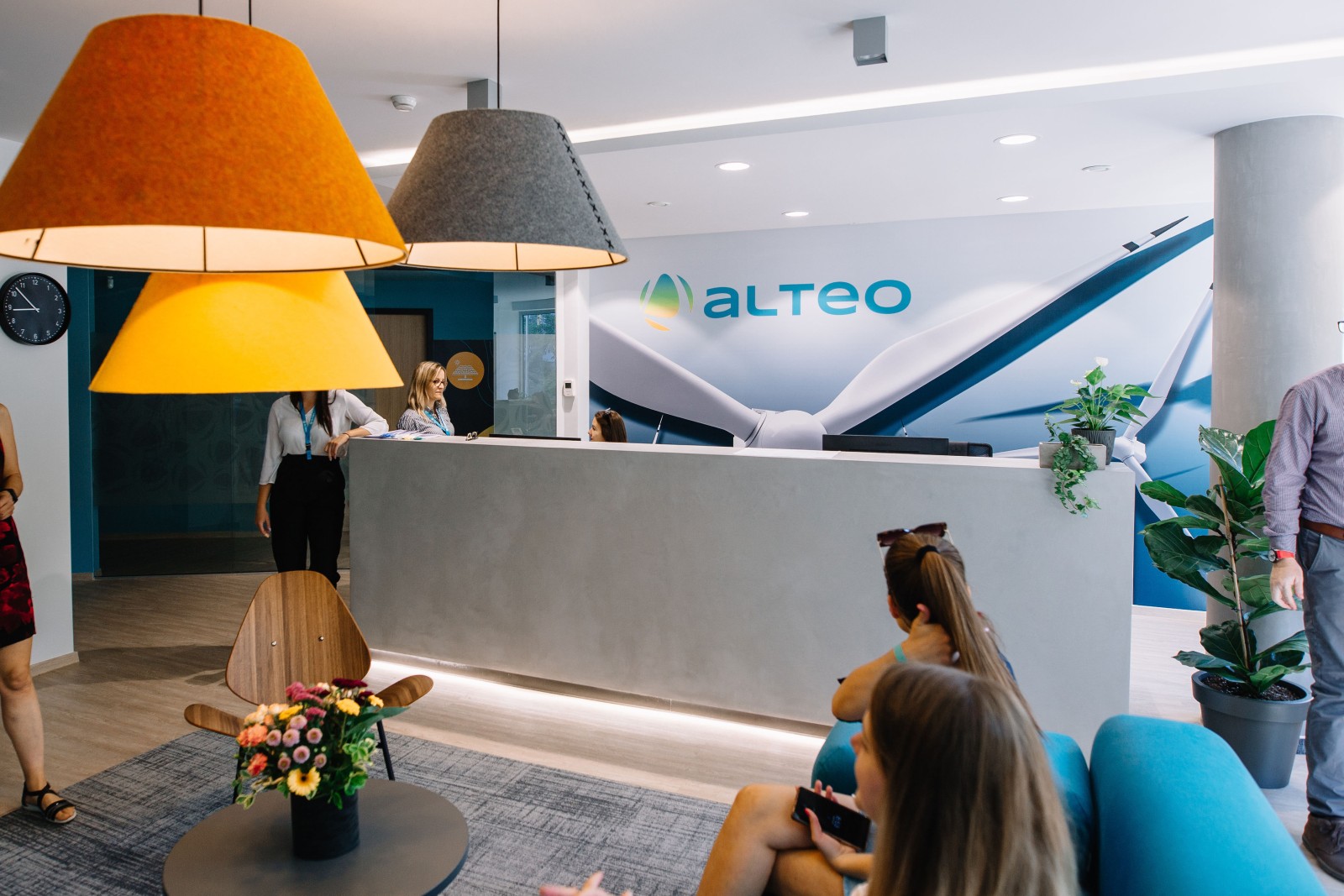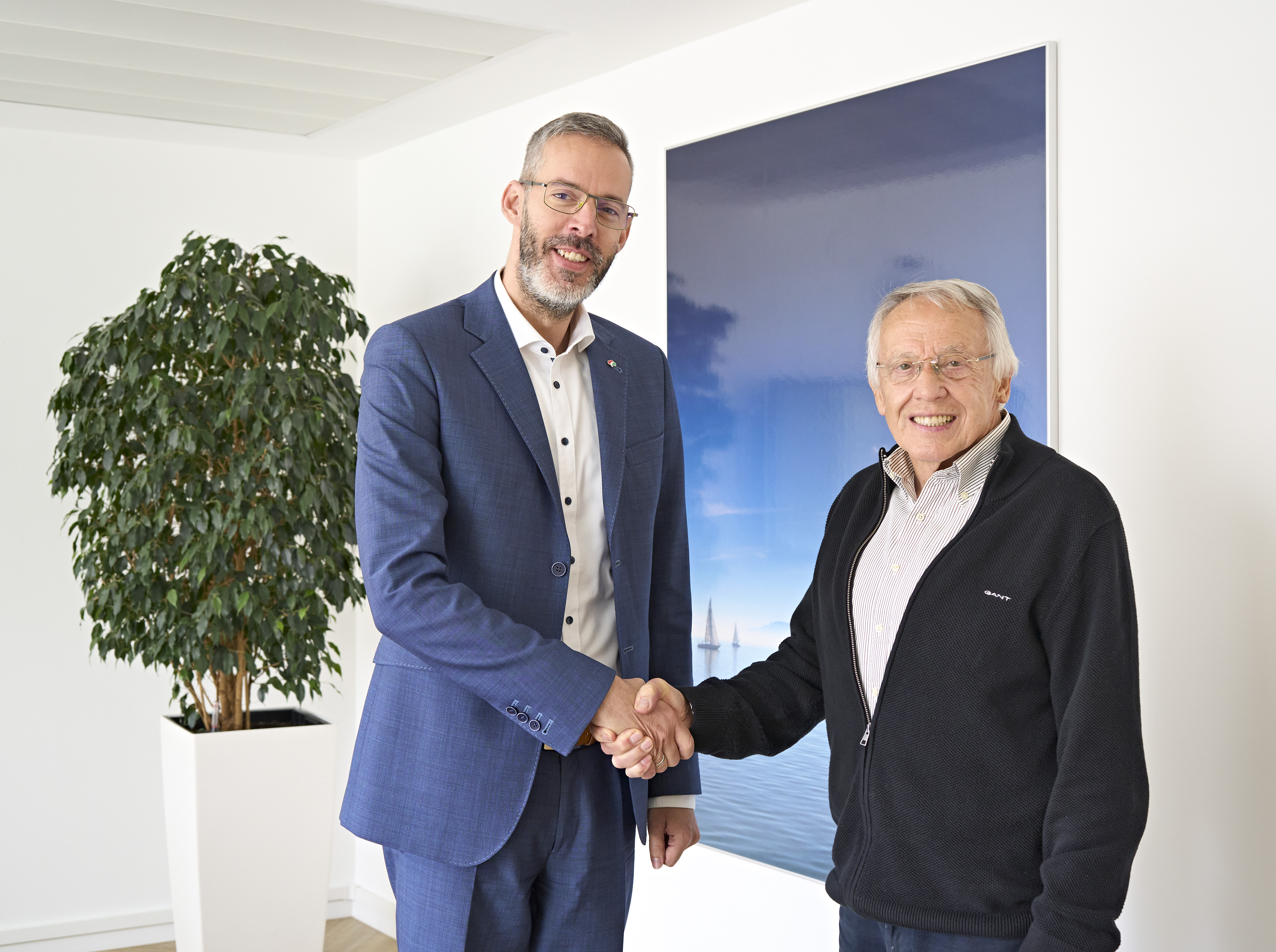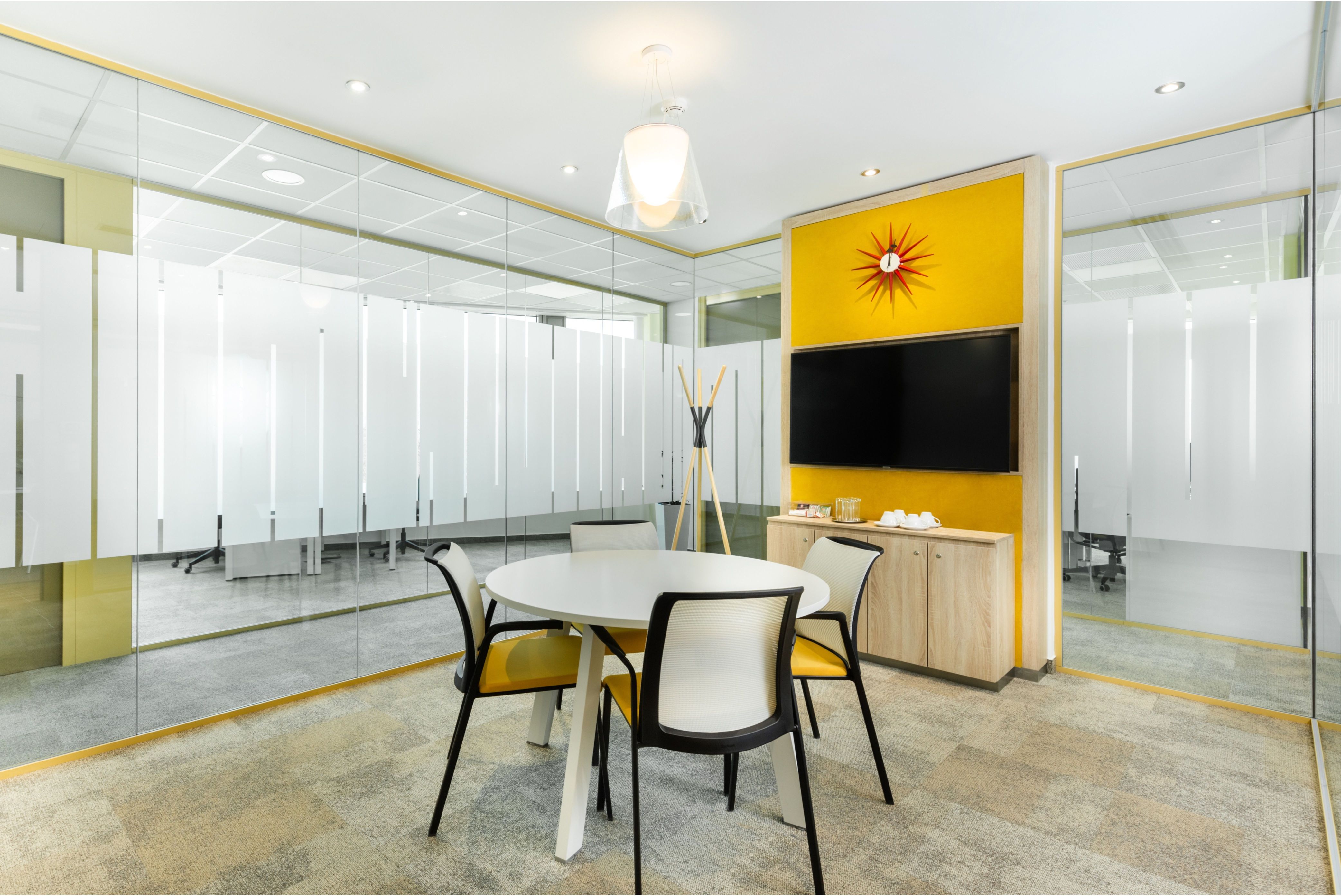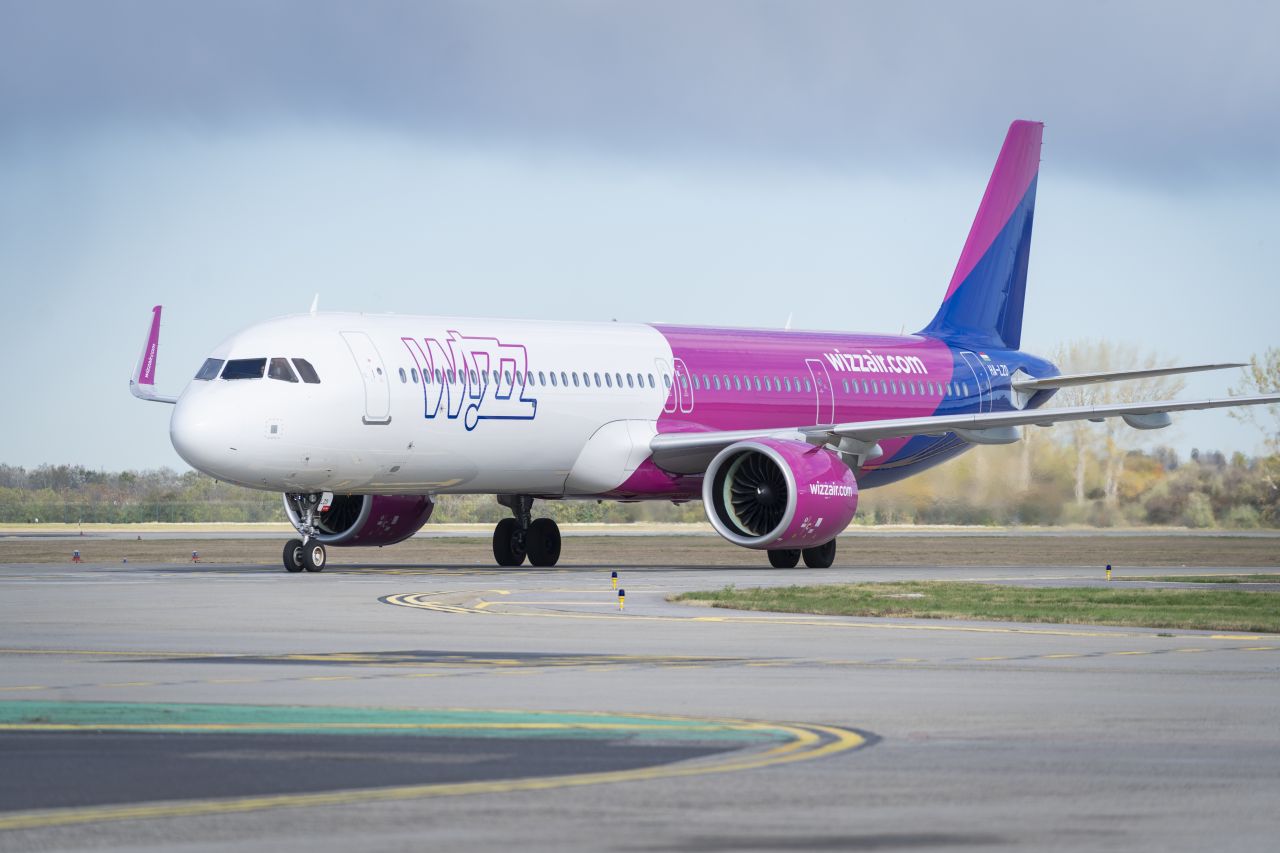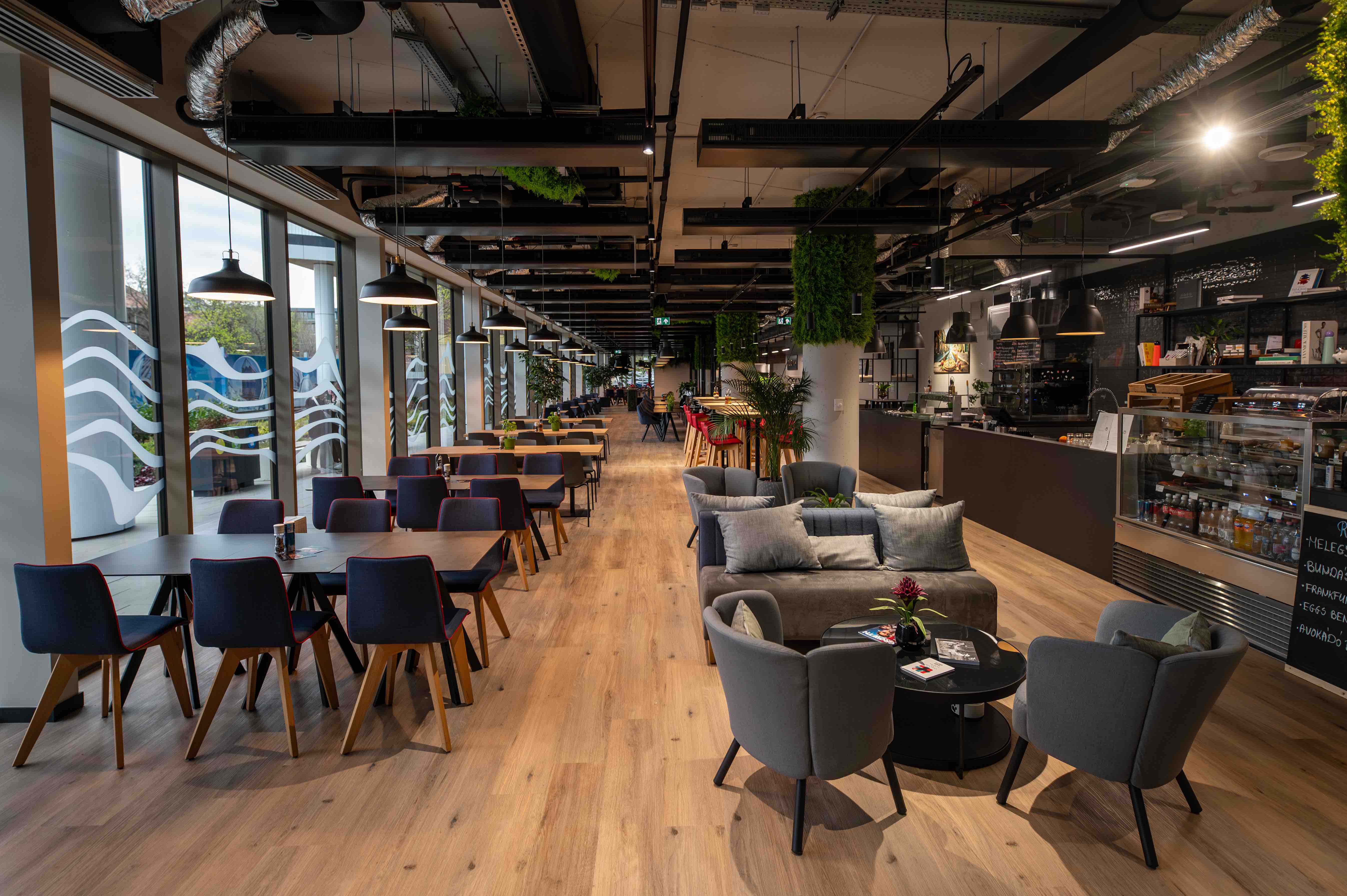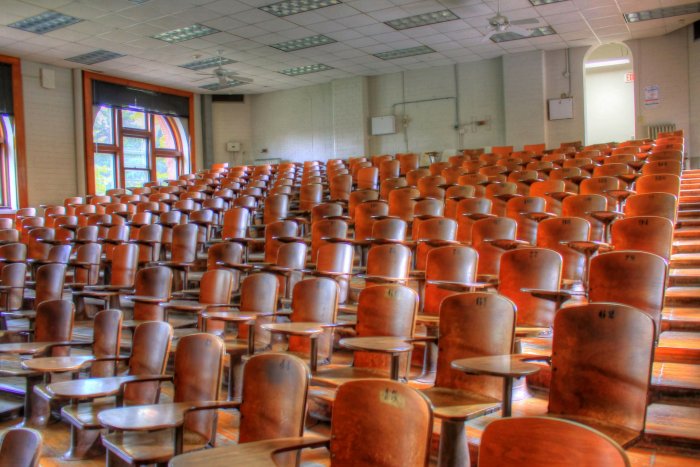Market Talk: Offices an Evolving Rather Than Endangered Species
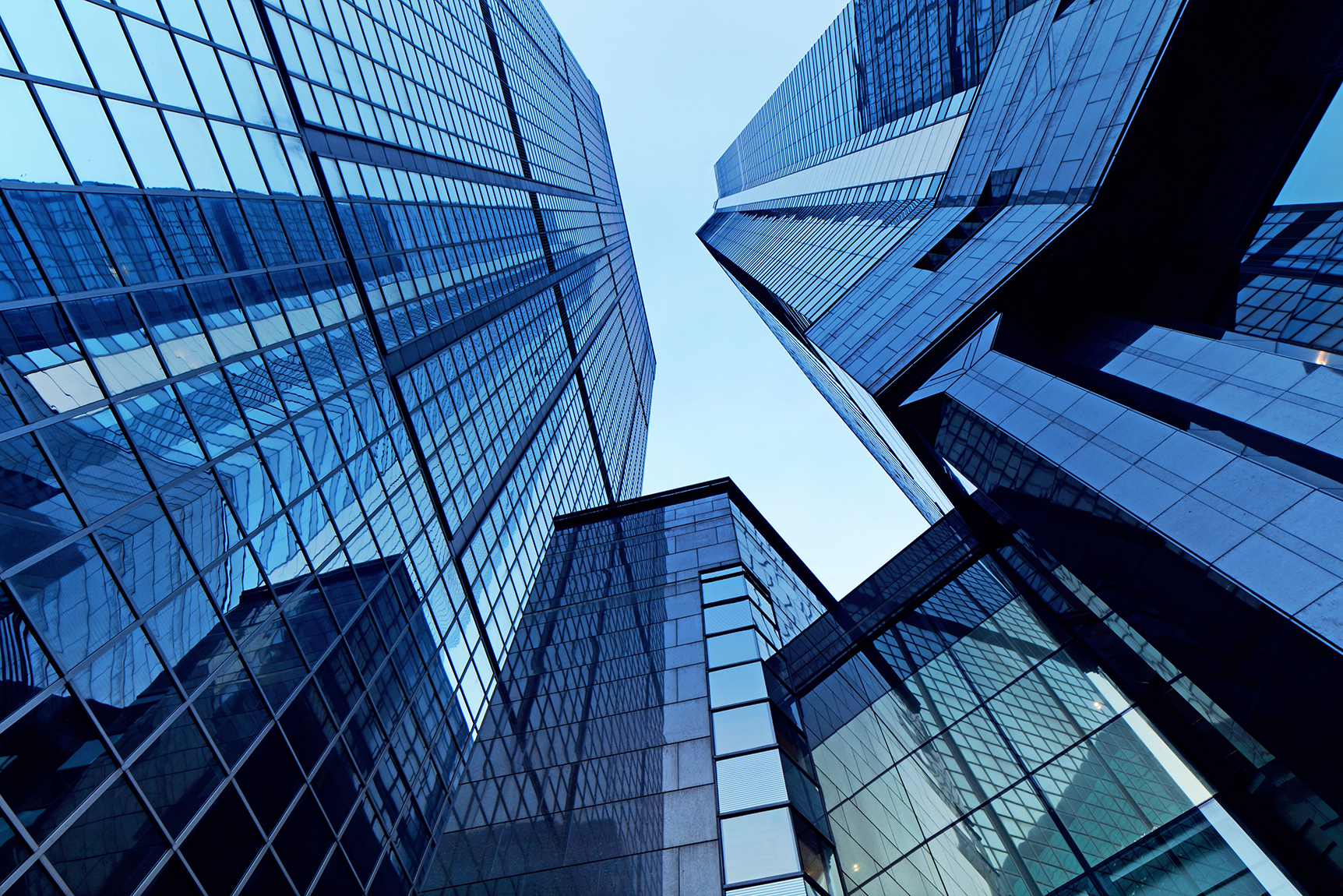
Photo by ESB Professional / Shutterstock.com
The Budapest Business Journal’s real estate editor talks to some of the leading players in the Budapest market to assess how they view the future and function of the A-class office.
Offices will continue to remain quintessential, but their functions will undoubtedly change. While we used to consider them strictly as workplaces, the general perception is moving towards offices being defined as venues for strengthening team spirit and interpersonal relations. This trend started way before the pandemic in other sectors (IT, the creative industries, etc.), but it became more prominent within the last two years.
Development strategies will need to adapt to this in two main areas. On the one hand, our office layouts will need to be even more flexible to respond to new ways of working, and our building services will need to be even more complex and inclusive. To attract and retain our tenants, we will need to offer cozy common gardens with smart furniture, large terraces, outdoor gyms, inviting common spaces, and lobby libraries. These are beside the former service range of cafés, canteens, or bicycle changing rooms with showers.
When it comes to the style and look of offices, what used to be the privilege of the likes of Apple or Google is now starting to become standard for smaller corporations.
Máté Bihari
Leasing and sales director
Horizon Development

The role of property managment/facility management is continuously changing as technology and services evolve. There is more focus on sustainability; however, digitization has also made a quantum leap in the past few years. PM/FM companies are perceived more as experts and consultants than just service providers. To excel, it is not enough if innovation is on our radar; we must drive the change and proactively support clients in their aspiration to develop, optimize, and get a more advanced insight on the data from their real estate, thereby underpinning data-driven decision making and realizing potential.
With the evolution of smart offices and buildings, we have a direct influence on energy efficiency while ensuring well-being and an incredible user experience, including the improvement of indoor air quality, wayfinding, desk-booking or smart parking as some examples. The ability to automatically adjust or identify operating parameters between connected systems or devices is our way of optimizing functionality. These topics are an integral part of modern, activity-based working models that spread along with the swiftly changing world due to the pandemic. Last but not least, through all this innovation and technology, our mission is to enable community building and reinforcing culture.
Robert Fischer
Managing Director
CBRE Global Workplace Solutions

We are experiencing more focus on environmental issues, security, and cleanliness. Demand for flexible arrangements in the office area has increased. Value-added services (such as bike rental, dry cleaning, and shopping services, for example) and the high quality of the range of services offered are among the most typical demands. In addition, modern technical solutions in the buildings, such as air quality and touchless technology, are significant aspects of tenants’ requirements. Environmental, social and governance matters have become a major requirement for the FM companies, but fully implementing these is very expensive. The Budapest real estate market is still very much price sensitive.
Although presence at the workplace (thanks to hybrid solutions) and office space usage have changed in the last two years, placing more focus on enlarged social areas and having fewer occupied desks in the work areas, this change does not affect the role of the FM teams. We keep our focus on running the buildings in the most efficient and healthy way, trying to find cost-effective and environmentally-friendly solutions.
Tünde Kirschner
Service manager office portfolio
Kraft FM
The structure of the workplace and the way the office layout is organized are still under re-definition. To some extent, spaces have shifted from large workstation areas in favor of collaboration spaces, activity-based and breakout areas. These spaces facilitate teamwork, brainstorming sessions, etc., while individual work may still be performed partly from home.
The layout of the office space will have to be adapted to this when premises are designed. Flexibility will have to be ensured more than ever to enable tenants to rearrange as necessary. Campus environments with green surroundings and a wide range of services will be an excellent opportunity for future developments.
Prelease requirements will be focused ever more on flexibility, with expansion and contraction options being very high up on the corporate requirement list. Collaboration spaces are gaining weight, especially in the case of large international tenants; however, the extent of this may vary from company to company. A big portion of the requirements we are dealing with are for “regular” layout arrangements, as seen before the pandemic.
Melinda Kovács
Development and leasing manager
Atenor Hungary
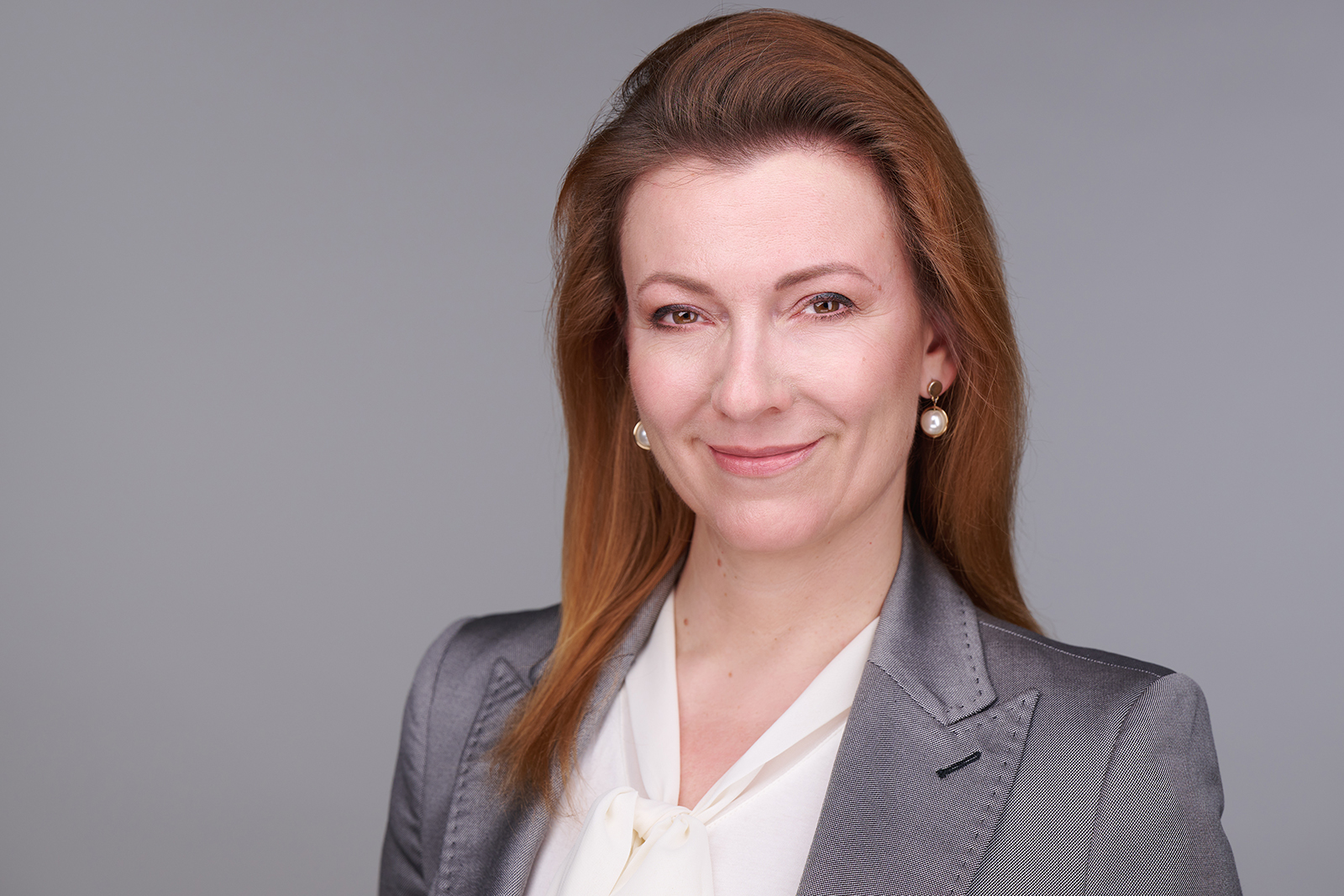
Personally, I do not believe that the significance of personal interaction will diminish over time, as long as people are involved in the organization and the product is the fruit of their collaboration. It is true that flexibility has become the new buzzword over the last two years, that hybrid workplace solutions have emerged and developed, and some companies will require a 20% smaller office space, but they will still need that office space.
I have mixed emotions about the shared-office scene, but since the aforementioned flexibility and short-term planning are increasingly important, their role could be strengthened over the upcoming years.
Development strategies need to evaluate workplace habits internally after the return to the offices. What is the level of flexibility (working from home versus the office) that a company can withstand without compromising the quality of its products and services? Rationalizing the office’s size, revisiting the functions of the space and expanding communal areas are definitely critical. I fully see the office environment as a place of work.
Károly Dömötör Makk
Leasing director
TriGranit

The office is here to stay. The main goal of providing a user-friendly environment where employees can stay motivated, committed, and work-efficient is unchanged. Of course, there is an ongoing change in how to achieve this. Occupiers are continuously forced to embrace the ever-changing requirements dictated by the actual circumstances.
In general, development strategies are unchanged, as they need to be based on the demands and requirements of the targeted occupiers. The fact that developers must be 100% up to date with what their customers expect from the product is still the best compass. Thus, increasing the frequency and speed of change is what really boosts the risk in development projects, as they cover 24- to 36-month timeframes, for example, in the case of an office building.
So far, there has been no significant change in demand. Office search projects might take a couple of months longer due to extended decision-making periods. On the other hand, we see that developers are, in general, more cautious. Some schemes are delayed or phased more conservatively; others will only start subject to a secured prelease or in a built-to-suit structure.
Balázs Simonyi
Leasing director
CPI Hungary

A-class office buildings offer much more than a physical space to work; they also create a community of which one wants to be part. The post-COVID return of employees to the workplace also offers a unique chance for employers to recreate offices as a fertile ground of collaboration that empowers workers. Modern offices are expected to promote an active social life to strengthen employer loyalty.
Class “A” offices with green and sustainable features, a wide range of convenience services and in-house amenities also help employers attract and retain a talented workforce. That is a significant challenge these days, especially in knowledge-intensive sectors.
In a bid to support our tenants in their employer branding efforts, as a developer, GTC Hungary always carefully evaluates and chooses the locations of our new developments and puts a particular emphasis on creating full-scale in-house services to live up to the expectations of their employees.
Csilla Vattay
Head of leasing
GTC Hungary
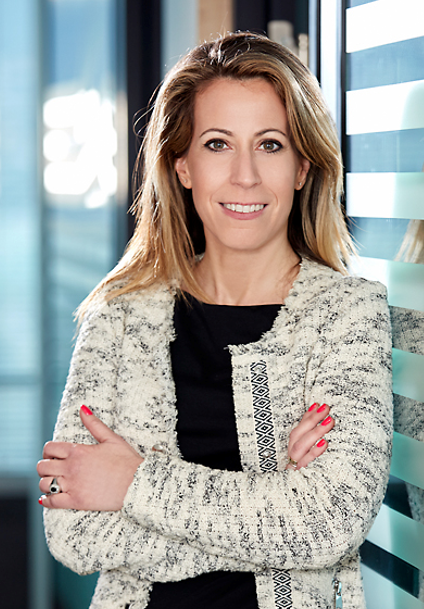
Today’s sustainable office environment needs to meet the demands of employees to the maximum, both in terms of services and infrastructure, as well as design. We are convinced that a great office can motivate employees. Flexible solutions have been in high demand over the last year, and we had already anticipated this trend before and, therefore, were best positioned with our flexible myhive solutions.
But in addition to flexible office space rental arrangements, there is also an increasing focus on how the spaces are designed functionally. For example, in our newly renovated myhive Haller Gardens building, we created the community spaces for several uses. The multifunctional myconference is inherently designed to be easily adaptable for meetings or any events the client wishes. The restaurant and café should not only be a place for lunch but also for business meetings over coffee; the gardens around the office building are not only eye-catching green islands but also a comfortable place to relax and for meetings. We also can say that in three months, most of the mycowork offices have already been leased.
Ottó Vörös
Country manager, finance and support
Immofinanz Hungary

This article was first published in the Budapest Business Journal print issue of May 6, 2022.
SUPPORT THE BUDAPEST BUSINESS JOURNAL
Producing journalism that is worthy of the name is a costly business. For 27 years, the publishers, editors and reporters of the Budapest Business Journal have striven to bring you business news that works, information that you can trust, that is factual, accurate and presented without fear or favor.
Newspaper organizations across the globe have struggled to find a business model that allows them to continue to excel, without compromising their ability to perform. Most recently, some have experimented with the idea of involving their most important stakeholders, their readers.
We would like to offer that same opportunity to our readers. We would like to invite you to help us deliver the quality business journalism you require. Hit our Support the BBJ button and you can choose the how much and how often you send us your contributions.

